Why choose us?
Looking for a particular skill-set? We offer competency & skills testing to certify that the candidates you interview are the best available. We're so confident this is backed by our 12 month rebate.

How to Recruit Top Sales Talent
It could be argued that a sales manager's primary responsibility is to recruit, train and motivate their sales force to achieve peak performance - and of these three fundamentally important tasks, recruiting is not only the least understood but is also by far the most challenging. While there's no perfect system that can guarantee you'll hire the right person every time, there are certain fundamental guidelines you must follow if you expect to recruit your way right to the very top.
No matter what type of business you have, your goal is to hire the best person for every position, from your CEO to the most junior employee. Every organisation wishes to recruit top talent and retain them.
How To Recruit Top Sales Talent: Want It, Don't Need It
Make sure you recruit from want, not need (don't just wait until you need it). To orchestrate a successful ongoing recruiting programme, you must have a game plan. Flow charts can help demonstrate your desired results - write down the obvious.
Be Idealistic
Have an "ideal" employee profile, so you know who you are looking for before finding them. Once a precise description and guideline of what the perfect recruit looks like - you can begin your process.
60/40 Interview Rule
Studies by the CIPD have shown that the most successful interviews follow the 60/40 talk/listen pattern, and that's 60% interviewee, and 40% interviewer to ensure the right balance of talk and listen and not simply 'ask question, answer, ask question, answer'! Preparation is the key to an excellent interview to ensure no awkward silences. Have at least 50 written interview questions. Have sub-questions prepared to help the candidate elaborate and communicate in detail on their previous answers. Remember, a successful interview will follow the 60/40 rule, allowing the interviewee to speak for over half of the time, allowing you to assess their suitability to your business. Remember, a bad interview is one where you talk, they listen, and you like them simply because they listen!
Make It Logical And Objective
An excellent recruiting strategy must utilise many tools to help reduce the emotion and help to make a more logical and quantitative selection - these must be used to test and profile potential sales recruits. Psychometrics, sales aptitude and emotional intelligence tools help to gauge the personality (and anything else you would like to know about a possible future employee).
It's Not All In The CV
Don't hire sales candidates based entirely upon CV's. If you want to recruit absolute top sales candidates, you must hire based on talent and attitude. Hiring effectively is a continuous process that comprises both scientific elements and creativity. If you have a consistent approach - your recruitment process will be much more successful.
Are You A Buyer When It Comes To Recruitment?
Patience is a virtue..., especially during an interview process. You will be looking for a hard-working, self-motivated team player (and not just a warm body to fill the position). If you are able to approach the interview process with a "buyers" mentality, you're more likely to maintain your objectivity and consequently hire a long-term top sales employee.
The position available should not be oversold; undersold and inherent challenges must not be understated. If you're a buyer, you will understand the importance and responsibility of being straightforward. It is often better to run the risk of scaring off a prospective hire rather than facing a disillusioned salesperson. Emphasising demanding aspects of the sales profession (rejection and hard work) should not be undermined. If you place a few roadblocks and challenges in front of a prospective employee, you are able to verify that their interest is genuine, and it will validate their decision.
The Interview Itself - A 3 Step Interview
Phase 1 "Initial Interview"
-
- This can be conducted face to face, online interviewing viaTeams or similar, or on the phone (refer to the Telephone Interviewing blog for tips), but this interview should not be any longer than 20 minutes. The first impression you make will tell you a lot about the person. You should have 6 to 8 open-ended questions prepared, and during the interview, you should refer back to their CV and ask about things that you may have been unclear on. You should also go into further details about roles, experiences and educational background.
Phase 2 "Profiling"
-
- The second stage often employs profiling exercises such as personality, psychometric and emotional intelligence testing and biographical profiling to help ascertain if the prospective candidate is a good match. Systematic profiles help take the emotion out of recruiting. If they pass the profile testing, you'll probably want to sell them on the opportunity more so at this stage - get them excited about the role and organisation.
Phase 3 "In-Depth Interviewing"
-
- This is the interview when you can 'dig deeper' and allow the candidate to deselect themselves if they feel it isn't a good match. You may well want to share the pros and cons of the job role at this stage. What's more, standardised questions should be asked to help you understand the candidates understanding of the job, required skill set and knowledge. Most importantly, by now, you should have a clear understanding of whether they would fit into your organisation's culture. You may uncover coaching opportunities for the future (that is, if you decide to take the candidate on).
A three-step interview process allows for reflection, temperament testing and verification of references. If you consider setting up some hurdles between the first and second interviews, you will allow yourself time to measure interest and personal responsibility.
Reference Check, Reference Check, Reference Check
In addition to the 'standard' questions regarding character, work ethic etc. it's always a great idea to ask their referee questions along with the basis of "In your opinion, if (candidate's name) were to fail as a salesperson, what do you think the reason would be and why?" Such questions are not anticipated and frequently invite the most insightful discussion.
Tick It Off
It is strongly recommended that you use a checklist - it will allow you to stay on track and help you remember those all-important questions. Merely relying on your memory is a poor business decision and one that usually comes back to haunt you (and your sales targets!). Also, please make sure you take good notes throughout the interview - and remember the 60/40 rule, listen more than you talk.
You must keep in mind several benchmark questions during the interviewing process. Throughout the interview, ask yourself whether the candidate makes a favourable first impression, and would you want this person to work for your competition?
Temperament Profiling
A sales hiring manager who lacks the benefit of character and personality understanding may be inclined to place too much emphasis on their gut-level feeling during the hiring process.
So what traits should you look for in a prospective hire? Personally, there are two mandatory qualities that a new sales candidate should possess: loyalty and dependability. If individuals are not loyal to a company, they are likely to violate company policies and procedures. Disloyal employees are often the first to leave as soon as the going gets tough - you can look for signs of stability on their CV and ask for their opinions on previous employers. It further makes no sense whatsoever to invest vast amounts of financial and emotional capital training someone that you cannot depend on.
The importance of matching the job description to the correct candidate cannot be overstated. Temperament evaluation between the first, second and third interviews should be administered to recruit the right sales candidate.
Make Sure You Don't Hire The Quitter (or Could you be the Cause?)
Retirement, promotion and transfer are understandable reasons for salesforce turnover; however, the quitter is often unpredictable. You must not underestimate your staff turnover. If your personnel turnover is high, it is most often caused by improper recruiting, inadequate training and a lack of incentives to excel. If recruitment has not been implemented successfully in the past (or future), you may well find yourself with high turnover and a sales team with low morale; before recruiting, it may be worth evaluating why staff have left and learning from the lessons.
Use Priceless Resources That Are All Around You
Think about your culture and share your vision with your employees. They may be able to recommend potentially good candidates who fit the role perfectly!
Word Of Mouth
Treat every single candidate like a valuable employee. Make use of phone calls and handwritten letters, share information or experiences with every candidate and always be quick and courteous when returning a call. Give solid constructive feedback that is useful to unsuccessful candidates. Whether or not the person gets the job, you can recruit top talent by getting reasonable 'kudos' in your sector by getting others to talk about the positive experience with your company even if they were not successful.
What To Make Sure Doesn't happen
Make sure you get the information you were looking to find out during the interview taking into account that, of course, the candidate may have been telling you exactly what you want to hear! Try not to emphasise 'warm' and 'fuzzy' feelings, visual perception and gut feelings. Before you make the hire, ensure that you have obtained objective, reliable information that clearly states why this candidate is perfect for the role.
Don't Lose Them, Redirect Them
Staying flexible is imperative. If your new hire proves to be a good fit for your company but unfortunately not for the specific position filled, if possible, try moving them to another position that capitalises on their strengths and experience. It must be remembered that employees who are a good fit culturally can be hard to find - remember, some of the greatest business leaders started in their corporations in a different role to that they were hired for, but their mentor saw something within them.
To Conclude
Make sure when you are recruiting your next sales employee to do so with fresh eyes, and if it is on a "need-to" basis, do not rush into it (it often only goes wrong in the end). Develop a methodology and a recruitment strategy that reflects the values, objectives, and branding of your company using a fair, defensible, and transparent structure. In addition, remember to review the sales candidate at each stage and be creative about it!!
Navigate our advice on recruitment planning:
by clicking the following icons:
Date published: 6th March 2025

by Rob Scott
Managing Director

About the author
Rob Scott
Please call us to discuss your vacancy
From our blog
Our employers say...
Our candidates say...









